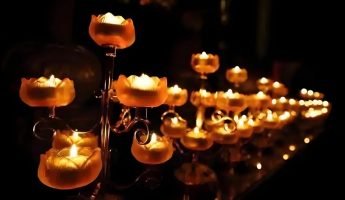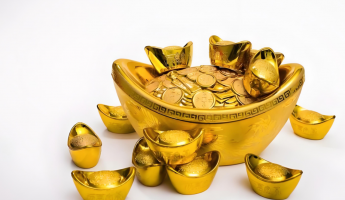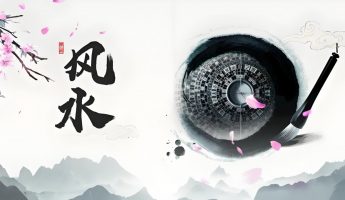Winter Solstice, an ancient solar term, has always carried the profound philosophical meaning of “cathode yang generation”. It not only marks a major turning point in nature, but also a warm and solemn traditional festival in the hearts of our Chinese nation. Winter Solstice, also known as “Yi Yang Sheng”, “Shu Jiu”, “Dong Jie”, etc., each name is engraved with its unique cultural connotations and festival customs.
Tracing back to the Spring and Autumn Period, about 2500 years ago, our ancestors accurately measured the exact time of the Winter Solstice using the Earth Gauge. This light of wisdom has lasted for thousands of years and still illuminates our cultural life to this day. In the long river of history, the Winter Solstice has gradually evolved into ten profound folk customs. Today, let’s explore the stories and warmth behind these customs together.
On the day of the Winter Solstice, ancestor worship is an indispensable ritual. The Records of the Grand Historian records that ancient people worshipped the heavens in the southern suburbs during the winter solstice to welcome the arrival of the “long day”, which was actually a celebration and prayer for the day of rebirth. The people also followed suit and offered sacrifices to their ancestors to express their remembrance and respect for their ancestors. This scene is like the approaching end of the year, hence the saying ‘Winter Solstice is as big as the year’.
Starting from the Winter Solstice, every nine days is called a “nine”. By the 981st day, spring is warm and flowers bloom, so the Winter Solstice is also known as “counting nine”. In traditional Chinese culture, “nine” is an extreme number, symbolizing the greatest, most, and longest. The ancients firmly believed that after the Winter Solstice, after experiencing a severe cold of 981 days, they would usher in a vibrant spring.
When it comes to dumplings, there is a saying in northern regions: “Winter Solstice Dumplings and Summer Solstice Noodles”, which means that dumplings must be eaten during the winter solstice. This custom originated from the commemoration of the “Medical Saint” Zhang Zhongjing. He once donated “Qu Han Jiao Er Tang” on the winter solstice to cure frostbite among the people. Later generations, in gratitude for his kindness, replaced it with dumplings, which have been passed down to this day.
Fourth, Wonton. Old Beijingers have the custom of “Wonton noodles on the winter solstice and summer solstice”. Wonton looks like a chicken egg, implying the chaos of the beginning of the world. Eating it on the winter solstice seems to have a beautiful vision of saying goodbye to chaos and welcoming new life.
Fifth, rice dumpling, which is made of glutinous Rice noodles, is preferred by Jiangnan water villages. It is round and plump, symbolizing family harmony and reunion.
Returning to the mother-in-law’s family, there is an ancient custom that goes: ‘After winter, go to the father-in-law’, which means that on the winter solstice, the daughter-in-law should return to the mother-in-law’s family and be filial to her parents in law, reflecting the traditional virtue of family reunion.
Seven said winter wine, after the winter solstice, the yang energy gradually rises and all things revive, so winter wine is also known as “winter yang wine”, symbolizing warmth and hope.
The Eight Discussions on Lamb Soup is said to be related to Liu Bang, the founder of the Han Dynasty. He praised the beauty of lamb and thus became a popular winter solstice food custom, aiming to dispel the cold and warm the body, and welcome the New Year.
Nine Lectures on Winter Solstice Pills. Winter Solstice Pills are popular in some southern regions. They are wrapped with glutinous rice flour and various fillings, which not only symbolize reunion, but also serve as gifts to convey blessings.
Ten layers of rice cake, Hangzhou people must eat rice cake during the Winter Solstice. Each meal is different, symbolizing growing taller every year, good luck, and expressing the beautiful expectations for future life.
These rich and colorful winter solstice customs are not only the inheritance and promotion of traditional culture, but also the crystallization of the emotions and wisdom of the Chinese nation. On this special day, let us feel the warmth and joy together, welcome new life, and pray for the future.



